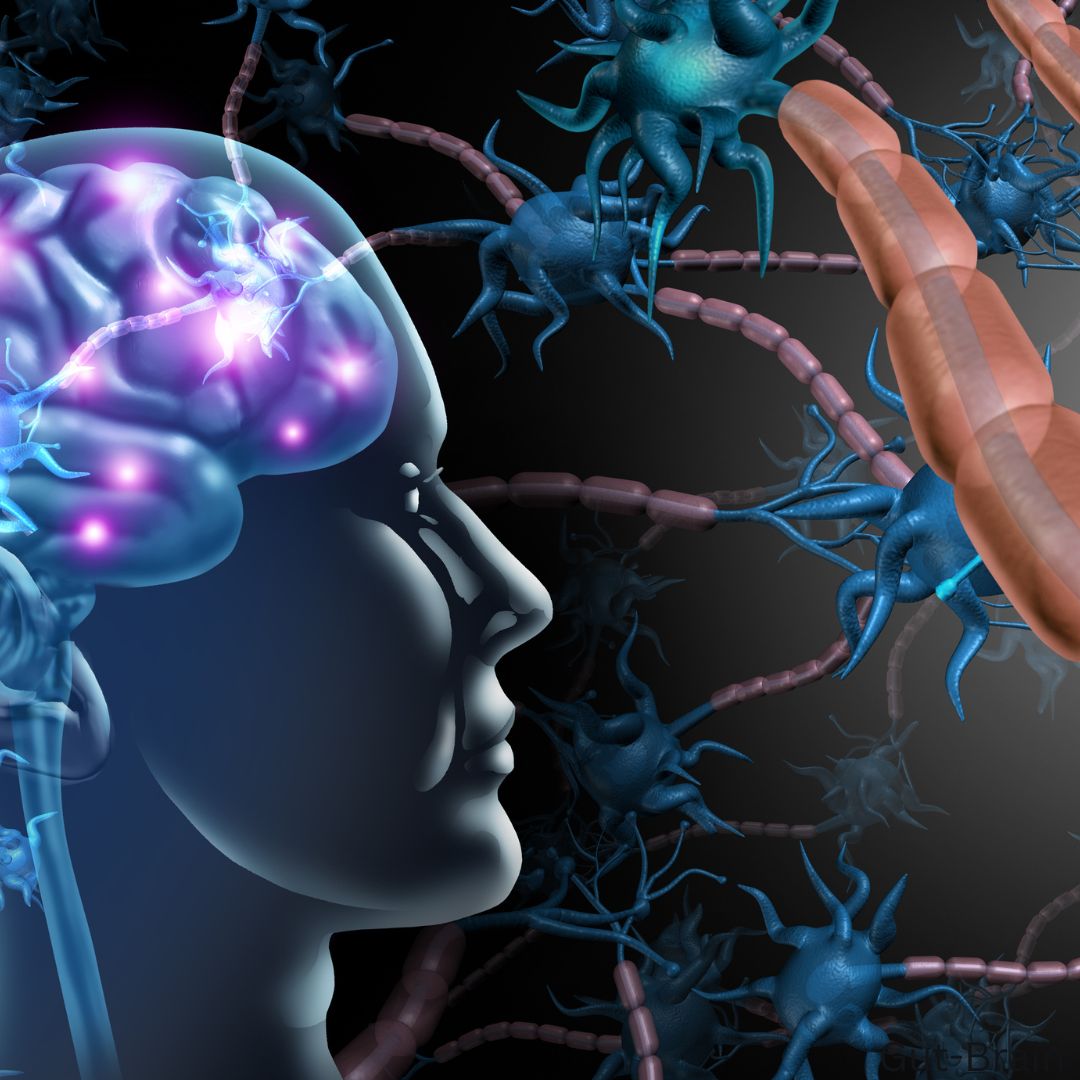In recent years, the relationship between gut health and mental health has garnered significant attention from researchers and health professionals alike.
One of the most striking findings in this area is that the gut produces approximately 95% of the body's total serotonin—a neurotransmitter often dubbed the "feel-good" hormone. This remarkable fact highlights the gut's pivotal role not just in digestion, but in regulating mood and emotional well-being.
What is the Brain-Gut Axis?
The brain-gut axis refers to the intricate communication network that links the brain and the gastrointestinal (GI) tract. This connection involves multiple pathways, including the vagus nerve, immune system signaling, and the microbiome—the diverse community of microorganisms residing in our intestines. Together, these elements facilitate a two-way communication system where the gut can influence brain function, and vice versa.
The Role of Serotonin
Serotonin plays a crucial role in mood regulation, anxiety control, and overall mental health. While it's often associated with the brain, a staggering amount—around 95%—is produced in the gut. This production is primarily influenced by the gut microbiota, which can affect serotonin synthesis and release. A healthy gut microbiome promotes the production of serotonin, while an imbalance in gut bacteria can disrupt this process, leading to reduced serotonin levels.
Impact of an Unhealthy Gut
When the gut is unhealthy—due to factors like poor diet, stress, medications, or illness—it can lead to dysbiosis, or an imbalance of gut bacteria. This disruption can have far-reaching consequences for mental health, including:
Increased Anxiety and Depression: Studies have shown that individuals with gastrointestinal disorders often report higher levels of anxiety and depression. The link lies in the gut's ability to influence neurotransmitter levels and the overall inflammatory response in the body.
Cognitive Function: An unhealthy gut can also impact cognitive processes such as memory, learning, and decision-making. Inflammation resulting from gut dysbiosis can hinder brain function, leading to cognitive decline.
Stress Response: The gut and brain communicate during stress, with the gut sending signals to the brain. A healthy gut can help modulate the stress response, while an unhealthy gut may exacerbate feelings of stress and anxiety.
Promoting a Healthy Gut for Better Mental Health with a Holistic Approach
Given the strong connection between gut health and mental well-being, adopting a holistic approach can significantly enhance both. At Radiant Revive, our gut healing protocols are designed to promote optimal gut health, which in turn can significantly enhance mental well-being.
Here’s how our comprehensive approach supports both:
Personalized Assessments
Our protocols begin with thorough assessments, including Quantum Resonance Analysis, to identify individual nutrient imbalances and gut health issues. This personalized approach ensures that each protocol is tailored to meet specific needs, addressing the root causes of gut dysfunction and its impact on mental health.
Nutritional Guidance
At Radiant Revive, we believe that proper nutrition is foundational for achieving optimal health and well-being. Our nutrient advice is designed to empower individuals to make informed dietary choices that support their unique health needs.
Supplementation Support
At Radiant Revive, we recognize that supplementation can play a crucial role in supporting overall health and well-being, especially when dietary intake alone may not meet individual needs. Our approach to supplementation education emphasizes informed choices tailored to each person's unique health circumstances.
Stress Reduction Techniques
Recognizing the strong link between stress and gut health, our programs incorporate stress management strategies such as mindfulness practices, yoga, and breathwork. These techniques help lower cortisol levels, promoting a healthier gut environment and reducing anxiety and depression.
Holistic Therapies
Radiant Revive offers therapies like Molecular Hydrogen Therapy and CoMra Therapy, which can enhance cellular health and reduce inflammation. By improving gut function and reducing oxidative stress, these therapies contribute to overall mental clarity and emotional well-being.
Education and Empowerment
We believe that knowledge is a powerful tool for healing. Our protocols include educational resources to empower clients with information about gut health, mental health, and lifestyle choices. Understanding the brain-gut connection can motivate individuals to make positive changes in their lives.
Conclusion
The gut-brain connection is undeniable, and at Radiant Revive, our gut healing protocols are designed to foster a healthier gut environment that supports better mental health. By addressing the physical, emotional, and nutritional aspects of gut health, we empower individuals to reclaim their well-being and enhance their quality of life.
If you’re looking to improve your gut health and mental resilience, our holistic protocols can guide you on this transformative journey.
